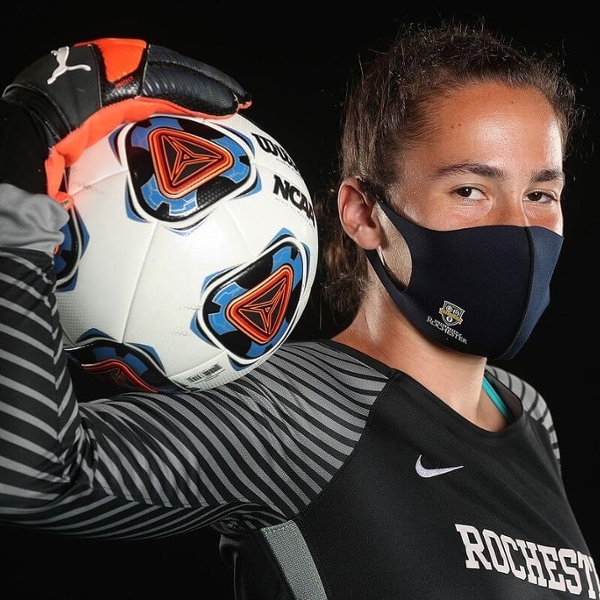Overview
The data science major at the University of Rochester prepares students to collect, curate, analyze, and make discoveries from large-scale data.
The major combines computer science, statistics, and the student's choice of advanced coursework from a wide range of data science application areas, including biology, brain and cognitive sciences, earth and environmental sciences, and economics and business. The major equips students with the technical skills to process and draw conclusions from data, and trains them to apply their conclusions to real-world challenges.

Why Study Data Science?
In the digital age, data is everywhere - from healthcare and medicine, to government, business, and social media. Consequently, data science has become one of the fastest growing fields in recent years, with a projected job growth of 27.9 percent between 2016 and 2026. (Source: US Bureau of Labor Statistics)
However, data science is more than just a career - it is a crucial tool. By learning how to interpret and apply data, we can better understand and even solve some of the greatest challenges facing the world today. Students who study data science can become change-makers, shaping this ever-growing field and transforming science, business, and our everyday lives.




